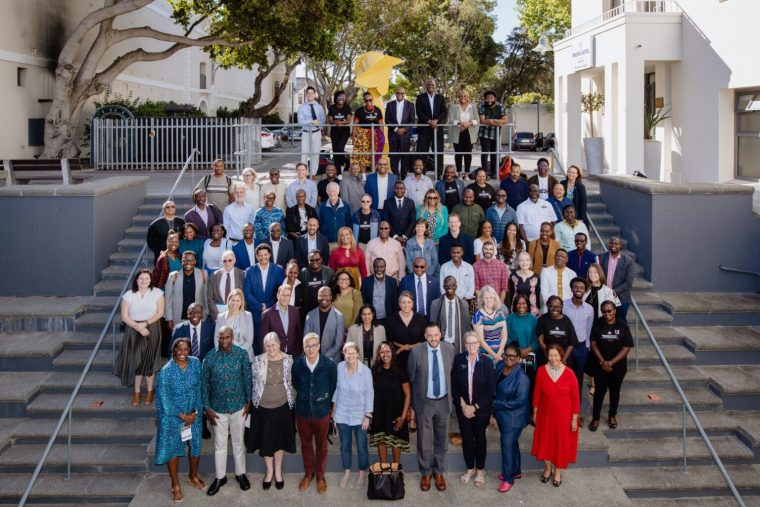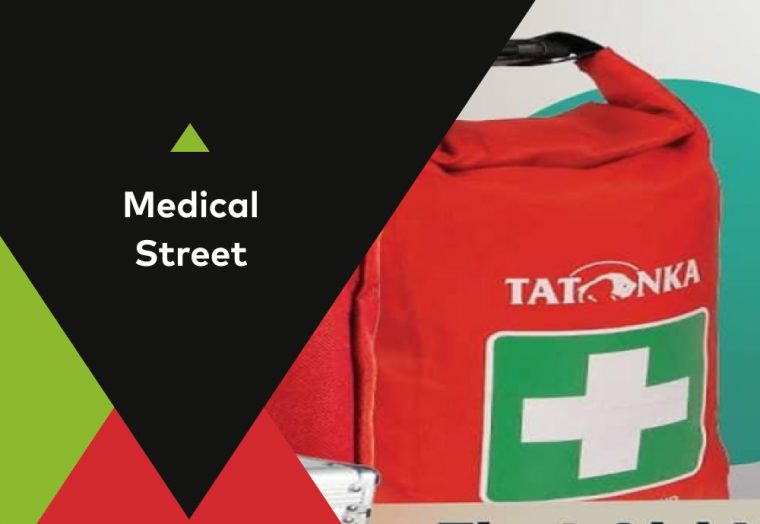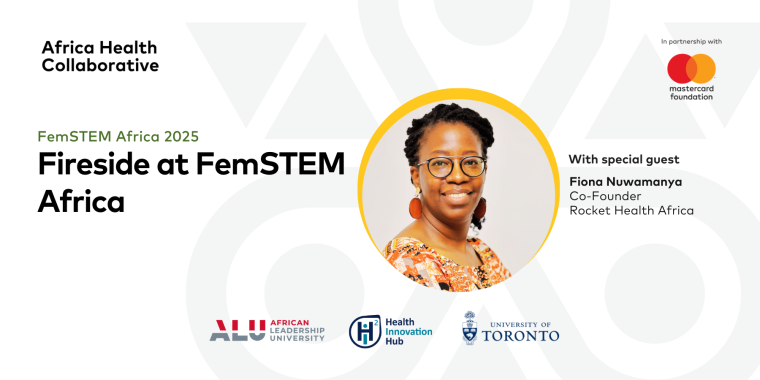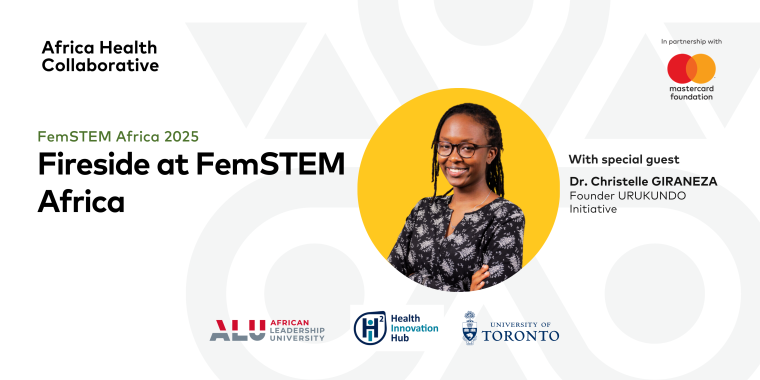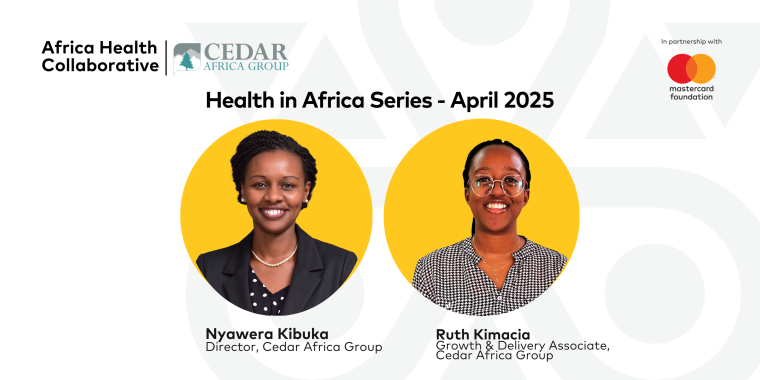The Health Entrepreneurship (HENT) Challenge’s first cohort is getting ready for their upcoming visit to Toronto, where they will continue their implementation phase through activities targeting business development, expanding entrepreneurial networks and facilitating exposure to potential investors.
In the meantime, the HENT Communications team caught up with the ventures from the first HENT Challenge cohort to learn more about the origins of their companies, what they’ve learned to date, and what is coming up next…
Faisal Waiswa, John Francis Okonye, and Emmanuel Obua have a shared ambition: they want to revolutionize healthcare in their community. This goal stems from their personal encounters with the struggles of obtaining affordable healthcare. As an engineering student, Waiswa noticed that healthcare providers were bogged down by inefficient, expensive supply chains. He came up with the idea of an online platform to directly link healthcare providers with medical equipment suppliers. This innovation could simplify the ordering and delivery process, making medical supplies more affordable and accessible.
Waiswa left his job as a biomedical engineer and founded Medical Street with Okonye, Obua and a team of passionate individuals committed to using technology to improve healthcare delivery. Medical Street’s mission is to leverage technology to streamline healthcare delivery. Their platform makes it easy to order and deliver medical equipment, drugs, and other essentials. So far, the startup has catered to over 1000 clients, serviced and repaired equipment in more than 600 hospitals, and facilitated over 1000 digital consultations. This efficiency helps to cut down delays, limit waste, and ultimately enhance patient care.
In addition, Medical Street is transforming the healthcare industry with their innovative features, including their AI-powered hospital and patient management system. This built-in feature gives patients and healthcare providers a simple way to access and manage medical records from a single platform. With these features, Medical Street is not only addressing the supply chain challenge in healthcare, but revolutionizing the way healthcare providers manage patient data and deliver care.
What is the accomplishment to date that your team is most proud of?
One of the accomplishments that we are most proud of is the fact that we have successfully generated revenue and have paying customers. We have also developed an MVP product and manufactured some medical equipment to boost our revenue.
If you could give advice to another founder getting started, what would that be?
Focus on solving a real problem for a specific target audience and validate the problem and solution with potential customers. Build a strong team with complementary skills and shared vision and be sure to prioritize and manage resources effectively. When building your venture, be adaptable and willing to pivot when necessary, and stay persistent and resilient in the face of challenges. It’s also important to seek out mentorship, network with peers in the industry, and continuously learn and improve.
Looking forward, Medical Street’s next step is to scale the business and expand its reach, with a goal to serve more than 200,000 healthcare providers by the end of 2025. Through continued partnerships and outreach, Medical Street aims to achieve 5% market penetration of the Ugandan healthcare sector by 2025 and expand to the entire East African Community by 2030. Ultimately, Medical Street aims to become a leading platform for healthcare providers and suppliers, revolutionizing the way medical equipment and supplies are accessed and distributed.
You can learn more about the Medical Street by visiting their website.

You can learn more about the Medical Street
More News & Events
Skip scroller content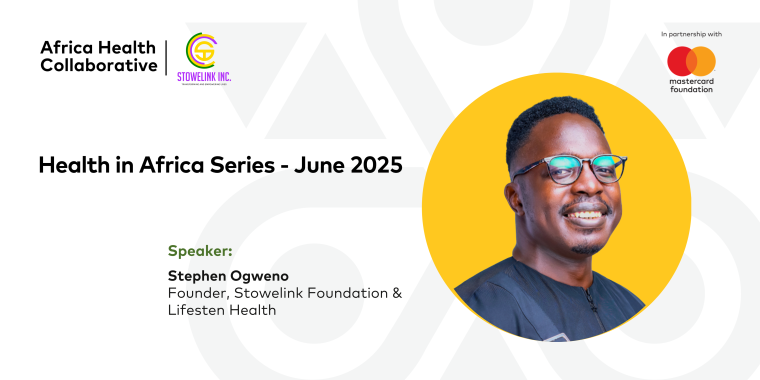
Mental Health and Identity for Students Studying at Home & Abroad
Amid shifting global dynamics, higher education institutions have a powerful opportunity to lead a new era of innovation in primary healthcare (PHC) systems. In the next episode of the Health in Africa Series, we explore practical strategies that academic institutions can apply to strengthen PHC systems, especially in resource-constrained settings.
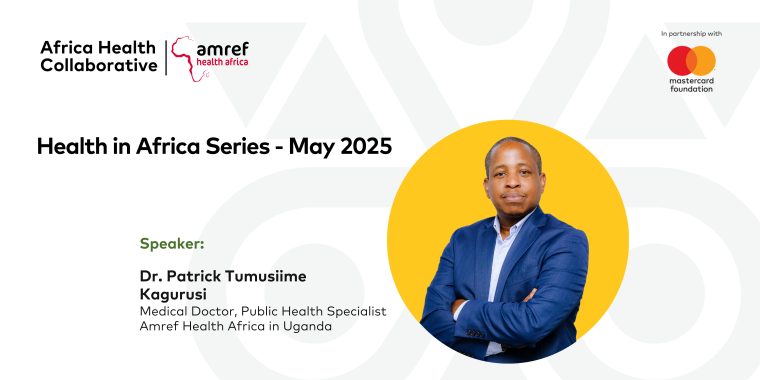
Higher Education’s Role in Reimagining Primary Healthcare
Amid shifting global dynamics, higher education institutions have a powerful opportunity to lead a new era of innovation in primary healthcare (PHC) systems. In the next episode of the Health in Africa Series, we explore practical strategies that academic institutions can apply to strengthen PHC systems, especially in resource-constrained settings.
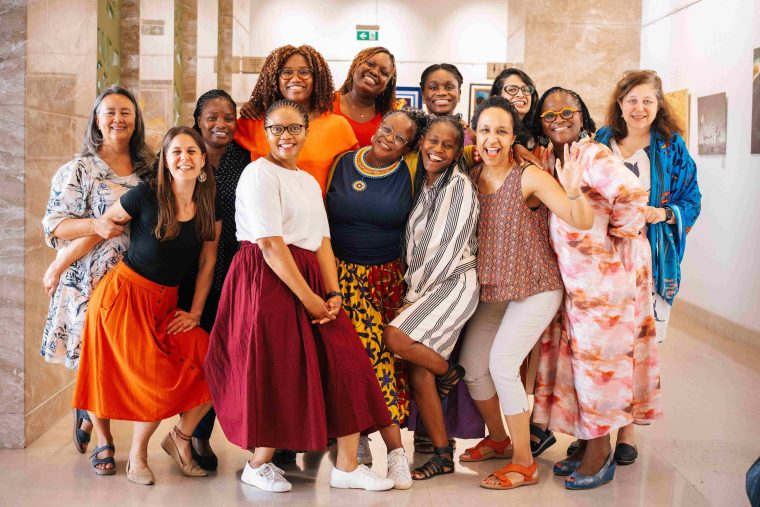
A Tribe Forged in Health: Leadership and Lifelong Bonds at WGHLF 2025
Leadership Coaching and Candid Conversations Kenyan leadership coach and governance expert, Dr. Susan Kinyeki, led a leadership coaching session that encouraged deep reflection on personal leadership journeys, identifying the ‘why ‘ and embracing the power of your voice. The highlight was a series of candid conversations with some of the most accomplished African female leaders in […]

[Health in Africa Series] Health Careers in Africa: West Africa’s Job Market
About L’AINE HR L’AINE HR is a company focused on providing people-oriented solutions and development. As an ISO 9001:2015 certified organization, it serves thousands of clients in both the private and public sectors across various industries including Finance, Health, Media, Telecommunications, Education, Construction, Energy, Manufacturing, and Hospitality. The company prides itself on enhancing the most […]
